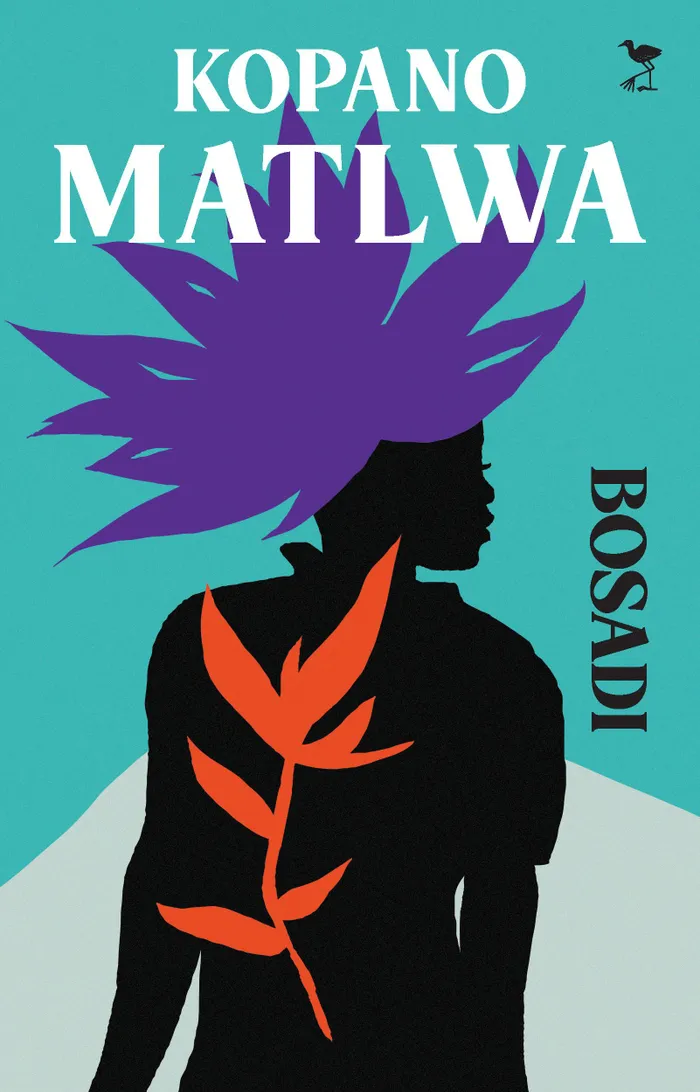Kopano Matlwa's 'Bosadi': a powerful narrative on the unseen struggles of women

Award-winning author Kopano Matlwa returns with "Bosadi", a novel that explores the unseen and unspoken pain of womanhood in a world that often looks away.
Image: Supplied
Award-winning author and medical doctor Kopano Matlwa has returned to the literary scene with “Bosadi”, a novel that confronts the unseen and unspoken pain of being a woman in a world that often refuses to see it.
Through the intertwined lives of two women, Matlwa once again proves her gift for illuminating the private battles fought in the name of survival and dignity.
Matlwa is no stranger to tackling difficult questions. Her debut novel, “Coconut”, which won the 2006/2007 European Union Literary Award, became a modern classic, offering a piercing look at identity and race in post-apartheid South Africa.
She followed it with “Spilt Milk” and “Period Pain”, both of which interrogated the contradictions of the “Born Free” generation while examining race, class and the lingering weight of colonisation.
In 2010, she received the Wole Soyinka Prize for Literature in Africa, cementing her place among the continent’s most important contemporary voices.
A trained medical doctor with a Master’s in Global Health Science and a doctorate in Population Health from Oxford University, where she was a Rhodes Scholar, Matlwa brings a rare depth of empathy and intellect to her fiction.
Her writing moves between the clinical and the emotional, blending the precision of observation with the poetry of pain.
In “Bosadi”, Matlwa turns her attention to Naledi, a woman whose once-bright life has grown smaller and darker. The walls of her home have become suffocating, and the man who once loved her has turned into a stranger capable of harm.
Between the forced smiles of lockdown picnics, the performative perfection of social media and a nursery that remains heartbreakingly empty, Naledi fights to reclaim her name, her dreams, her body and her sanity.
Parallel to Naledi’s unravelling is the quiet resilience of Aunty, a Zimbabwean domestic worker who carries her own invisible wounds. Separated from her children and anchored by duty, Aunty watches and waits as Naledi’s world cracks.
Through her eyes, readers see the limits of endurance and the quiet power of witness. Between the two women, a fragile sisterhood begins to form - one that is nurturing, uneasy and sometimes bruised by betrayal.

In “Bosadi”, Kopano Matlwa turns her attention to Naledi, a woman whose once-bright life has grown smaller and darker.
Image: Supplied
Told in alternating voices, “Bosadi” becomes a conversation between two women bound by circumstance and silenced by expectation.
It is also a story about migration, class and the intersections of violence that shape the lives of black women.
“The scourge of gender-based violence (GBV) in our society breaks my heart,” Matlwa said. “Bosadi was born out of that heartache.”
For her, the novel was less an act of planning than of surrender. “I do not think about my writing in a structured way. I just write,” she explained.
“I write because I love to, and I write because I need to. I suspect my voice has evolved as I have matured, but I will leave that for readers to decide.”

Award-winning author Kopano Matlwa returns with "Bosadi", a novel that explores the unseen and unspoken pain of womanhood in a world that often looks away.
Image: Supoplied
The writing process, she admitted, is long and unpredictable.
“It takes me forever. My characters are moody and stubborn - sometimes they do not want to talk to me for months. So I wait until they are ready to share more, and little by little, they do.”
Through Naledi’s inner turmoil and Aunty’s quiet endurance, Matlwa explores the emotional architecture of womanhood - how it is built on care, sacrifice, fear and resilience. The book questions what happens when love becomes captivity and when prayer turns into silence.
It asks: How do you survive a life that everyone insists is normal? What happens when the very thing you prayed for breaks you?
“These are themes that nagged at my heart,” she said. “So I surrendered and decided to sit down and write about them. Why now? I guess I was ready.”
While “Bosadi” continues Matlwa’s tradition of writing about identity, power and faith, it feels more intimate than her previous works - a story that listens closely to the tremors beneath everyday life. It captures the invisible labour of being a woman, the performance of happiness and the ache of wanting to be seen.
Matlwa hopes that readers emerge from the book not comforted but stirred. “I hope ‘Bosadi’ moves people,” she said. “I hope it creates some healthy discomfort with the way things are for women in our society.”
Related Topics: